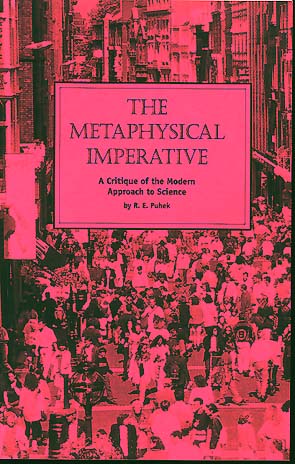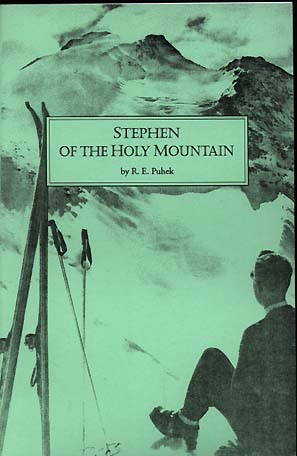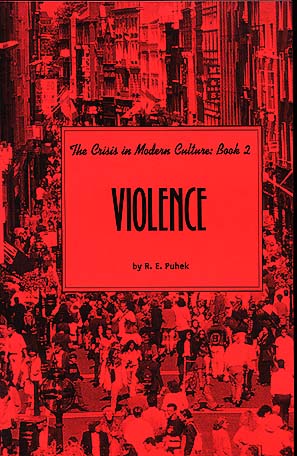Title: Descent into the World
Author: Ronald E. Puhek
[$5, postpaid. A huge discount off of retail to get you to see what it’s all about!] The “Descent into the World” deals with the phase of development which is the hardest to pass through. In the first phase as we launch on our inner journey, hope sustains our spirits. In the third phase, as we draw closer to our destination, we see it ahead and the joy of anticipation arises. The second phase, however, requires that we return to face the world where we will do our final work. The “Descent” describes this harshest and driest time. The comforts of inward meditation leave us. We meditate but return to the world where we must overcome severe tests and avoid deep traps if we are to find in the end the redemption of love.
Paperback, 5.5×8.5, 175 pages.
Background
This title is a Fifth Way Press imprint from OYB. It is sponsored by the MIEM, the Michigan Institute of Educational Metapsychology—a fancy somewhat tongue-in-cheek way of saying “studying and teaching a philosophy for living today, inspired by the best of the past.” The institute has been represented for 30 years by weekly meetings of quiet, polite folk, who passed around these writings in a form of samizdat prior to this publication. These are often people from the ‘helping’ professions who see that their ways need help. It also includes students who need help to stay true to what they are learning. They are all in desparate straits. Due to modernism. The ‘Fifth Way’ concept comes from ‘the Fourth Way’ of Gurdjieff. The traditional three ways to contact reality were: the emotional way of the monk, the intellectual way of the yogi, and the physical way of the fakir. These were recently joined by the fourth way of the householder, one who learns from everyday life, who does not withdraw. The Fifth Way takes the best of all ways without leaving any behind, transcending them all: count your fingers: thumbs up! If you like Simone Weil and St. Theresa of Avila, you’ll like Puhek. It’s plainly written but intense philosophy for a modern age. These reflections integrate and build on many works, especially Plato, Sartre, Jung and Freud.



